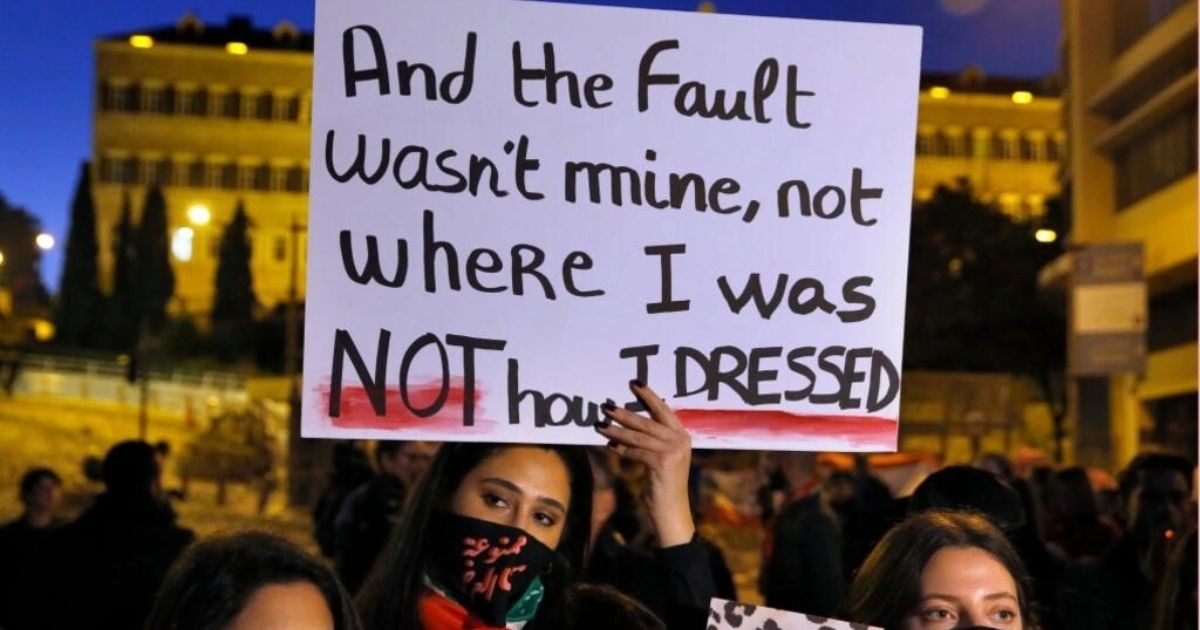Domestic workers in Lebanon are beginning to feel the brunt of an economic crisis so bad that it got the government to swallow its pride and accept the IMF bailout plan.
The 250,000 workers may even have it worse. There are currently no real laws to protect them from exploitation at the hands of their employers. Their salaries, which can get as low as 300,000LL, are now even lower as the Lebanese currency is losing its value with a peak selling price of 2,715 LL per dollar on March 6th.

This means that a domestic worker who used to be able to send $200 back to her country is now only able to send $175 to her home country. However, there are some reports that say that it could go as low as $120.
That’s if they even get a full salary. Some workers have reported their salaries being slashed and some haven’t even received their salaries.

Some would say that they could choose to leave their jobs if they’re not happy. However, as Lebanon’s researcher for Human Rights Watch Aya Majzoub reported: “Making matters worse, even though some migrant workers stand to effectively lose out on half of their pay or more, they cannot readily leave their employers or advocate for better pay or conditions.”
She then adds: “Their presence is regulated under a kafala (sponsorship) system—which former Labor Minister Camille Abousleiman likened to “modern-day slavery”—under which they cannot leave or change jobs without their employer’s consent.”
If domestic workers choose to run away from their employers, they’ll have to do so without their passports. By now, most Lebanese are familiar with the habit of employers hiding the passports of domestic workers so that they won’t have a choice to run away.
All this, of course, makes abolishing the outdated Kafala system a much-needed course of action. This unregulated industry of hiring live-in maids is a relic of the past that only Lebanon and the Arab world seems to be holding on to.

















